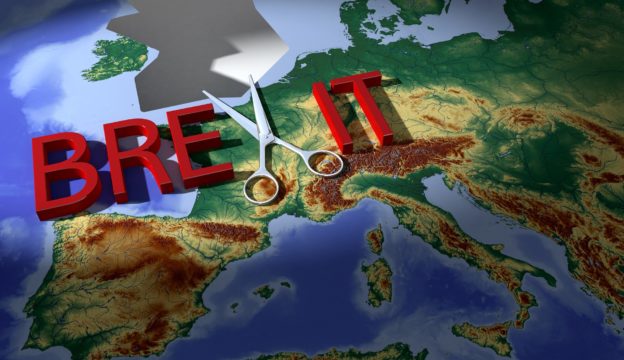On 16 September 2019, the French Customs Authority published a note to operators in the event of leaving the United Kingdom from the European Union without an agreement. In this case of a “no deal”, customs formalities will be restored on 31 October 2019 at 00:00 between the European Union and the United Kingdom.
In its publication, French Customs Authority recalls the formalities prior to any customs clearance, with the exception of national centralized customs clearance, of goods with a “Brexit” nexus, i. e. from or to the United Kingdom, transported by road, and traced in the Brexit information systems.
These formalities consist of the establishment of DELTA G agreements, as well as, if necessary, requests for authorizations for simplified declarations and for centralization of credits with the Interregional Collector of Customs Revenue. All these documents are attached to the note.
In this respect, French Customs Authority also specifies the ports of entry or exit open for customs clearance:
- Dunkerque ferry
- Calais port/tunnel
- Boulogne
- Rouen
- Le Havre
- Caen
- Cherbourg
- Saint-Malo
- Brest
Finally, the French Customs Authority specifies this note is only valid in the case of a withdrawal without an agreement between the United Kingdom and the European Union, or a withdrawal after 31 October 2019. These instructions should logically not be taken into account in the event that a withdrawal agreement is concluded between the parties, since in this case the Customs Union would be temporarily maintained.
For its part, British Customs has also issued instructions on the many customs formalities and procedures relating to the import and export of goods that will be put in place on the United Kingdom side in the event of an exit without agreement with the European Union. These elements were prepared in the summer of 2019 by Her Majesty’s Revenue and Customs (HMRC), and sent privately to operators and professional organizations.
The potential problems of compatibility between the different authorizations for operators and goods are significant, and may lead to a general blockage at customs crossing points. To help minimize these risks, the notes prepared by HMRC cover all stages of import and export, customs clearance offices in England, pre- and post-clearance procedures, the opening of several ports to new import-export services, compatibility or renewal requirements for registration licenses or authorizations, etc.
The French and British Customs Authorities therefore seem to be taking stock of the events to come, by preparing in a global way all the operators who would be affected by the withdrawal of the United Kingdom without an agreement with the European Union, a goal that now seems unavoidable. In addition, French customs continue to test their smart border concept. A rather successful test was carried out within Eurotunnel on 17 September 2019.
***
DS Customs & Trade team is at your disposal to provide you with additional information.
CONTACT US:

